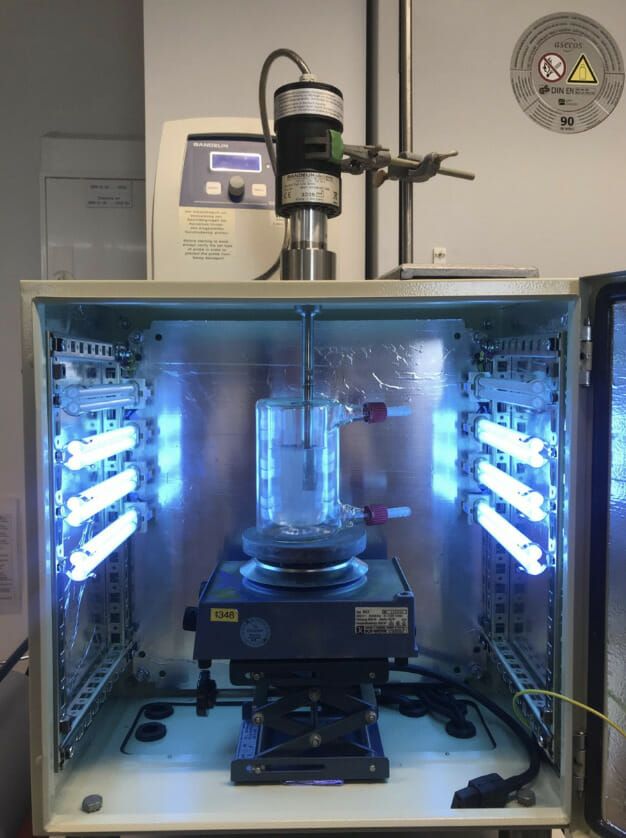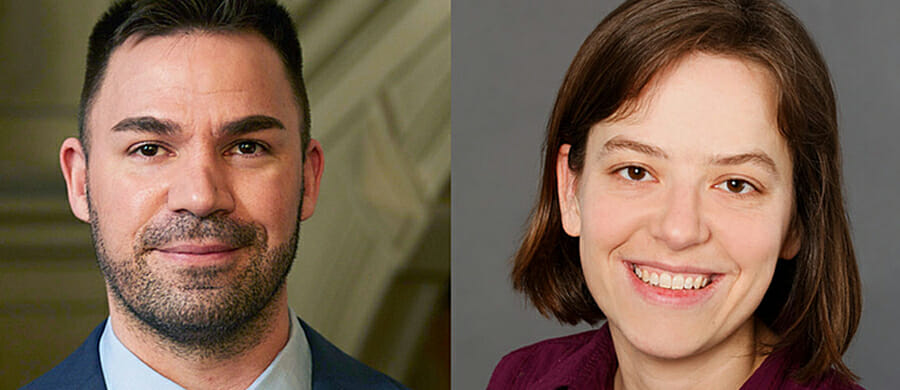TECHNICAL UNIVERSITY CLAUSTHAL
Clausthal Center for Materials Technology

DATA & FACTS
Project
BioICEP – Bio Innovation of a Circular Economy for Plastics (2020 – 2023)
Scientific contact
Prof. Wolfgang Maus-Friedrichs
Dr.-Ing. Georgia Sourkouni
EU-Funding line
Horizon 2020
Projektleitung: Prof. Dr.-Ing. Arno Kwade
Projektname: „Li-Ion Pilot Lines Network“ (LiPLANET)
Keywords: Energie, Mobilität, Partner
BioICEP – Bio Innovation of a Circular Economy for Plastics
Bacteria and enzymes turn plastic waste into new raw materials for organic products
Global production and consumption of plastic has grown exponentially in recent decades. Since the 1950s, approximately 8.3 billion tonnes of the material have been produced – 60% of which has ended up in landfill or the natural environment. The aim of the BioIECP project is to develop a highly efficient biodegradation process for plastic materials and thus reduce plastic waste by around 20 %.
The BioICEP solution: Bio Innovation of a Circular Economy for Plastics
Microorganism communities from bacteria and enzymes produce building blocks for new polymers or other bioproducts from mixed plastic waste to enable a new circular economy based on plastic waste. Three innovative booster technologies form the core of this solution, which is designed to increase the degradation of plastics:
1) mechanical-biochemical disintegration processes;
2) biocatalytic digestion with enzymes and
3) microbial consortia,
which together leads to a highly efficient dismantling of mixed plastic waste streams. The monomers obtained are fermented and converted into bioproducts such as nanocellulose. BioICEP technology can lead to significant financial savings in the overall cost of eliminating plastic-related pollution.
The task of the working group led by Prof. Maus-Friedrichs and Dr. Sourkouni-Argirusi at Clausthal University of Technology is to activate the plastic surfaces for microorganisms by means of sonochemical and photocatalytic processes and to characterise their surface properties. The activated samples are treated biotechnologically by the project partners and the impact of pretreatment on degradability is investigated.
The Consortium
The Bio-Innovation Consortium for a Circular Economy for Plastics (BioICEP) led by the Athlone Institute of Technology AIT, Ireland is a group of 12 European research institutions and SMEs that, in cooperation with three Chinese institutes, are driving biotechnological solutions to reduce the global environmental impact of plastic waste. The consortium combines the necessary competencies along the value chain and has a large network of approximately 200 international companies for the implementation of the developed solutions.
Beneficiaries: Athlone Institute of Technology, Ireland (Coordinator), Acteco Productos Y Servicios S.L, Spain, AimplasTechnological Institute of Plastics, Spain, Avecom N.V., Belgium, Clausthal University of Technology, Germany, Institute of Molecular Genetics and Genetic Engineering, Serbia, Institute for Experimental Biology and Technology, Portugal, Limerick Institute of Technology, Ireland, Logoplaste Innovation Lab, Portugal, Microlife Solutions B.V., Netherlands, National Technical University of Athens, Greece, Trinity College Dublin, Ireland, Beijing Institute of Technology, China, Shandong University,China, Institute of Microbiology Chinese Academy of Sciences, China
Project data
The European Commission is supporting the project under the Horizon 2020 programme, grant agreement # 870292, duration 1.1.2020 till 31.12.2023. The budget for the European partners is approx. 5 Mio. €, the Chinese partners are funded by the National Chinese Science Foundation.

Author:
Dr.-Ing. Georgia Sourkouni
Date:
March 2022
This might also interest you …

ERC Consolidator Grants
Research on complex quantum systems and new chemical insights into terpenes: Two researchers of Leibniz University Hannover (LUH) have each been awardedone of the internationally coveted ERC Consolidator Grants. The funding line of the European Research Council (ERC) addresses researchers…

ProjeCt: stimey
In an effort to bring science and society together in Europe, and consequently increase the continent’s international competitiveness, STEM (Science, Technology, Engineering and Mathematics) education must be more relatable to European youths to raise their interests and involvement in STEM careers.
